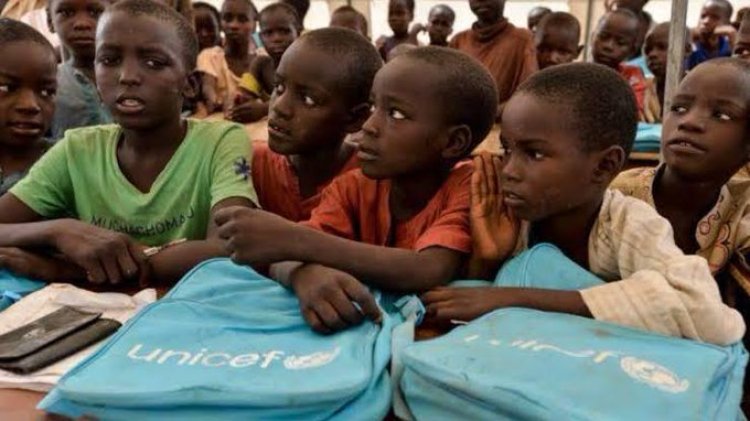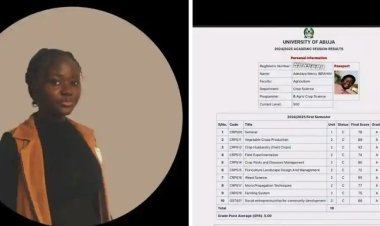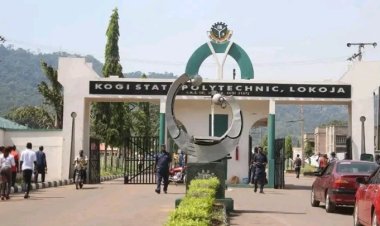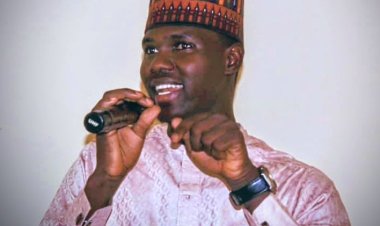UNICEF Urges Southwest Governments to Enhance Secondary Education Retention and Completion
The United Nations International Children’s Fund (UNICEF) has called upon the governments and education stakeholders in Southwest Nigeria to focus on improving the retention, transition, and completion rates of secondary education.

The United Nations International Children’s Fund (UNICEF) has called upon the governments and education stakeholders in Southwest Nigeria to focus on improving the retention, transition, and completion rates of secondary education. This appeal was made during a two-day regional stakeholders’ meeting on Out-of-School Children held in Ibadan, which brought together representatives from Ekiti, Lagos, Ondo, Osun, Ogun, and Oyo States.
UNICEF Education Specialist, Mr. Babagana Aminu, emphasized that while the number of out-of-school children in the Southwest, as revealed by the National Bureau of Statistics, averages around eight percent, the more pressing concern is the retention rate of those who are enrolled. He urged the adoption of models that focus on retention, transition, and completion to address these challenges.
Aminu highlighted that retention of schoolchildren remains a significant challenge in the region. “The issue is not just about the number of out-of-school children but also about retaining those who enroll and ensuring they complete their education,” he explained. He recommended the development of multiple education systems or learning pathways to cater to diverse regional needs and to better tackle the growing out-of-school population.
UNICEF’s Azuka Menkiti urged stakeholders to prioritize adequate funding for secondary education and to establish reliable data systems to support advocacy efforts. She emphasized the importance of engaging community and religious leaders to alter social norms that hinder school attendance. Menkiti advocated for increased funding and strategic interventions based on ten years of successful girls’ education programs, which have demonstrated effective ways to bring and keep girls in school.
UNICEF Programme Officer Muhammed Okorie noted that the workshop aimed to create tailored models for each state to enhance education retention and completion. The meeting’s objective was to address factors leading to adolescent dropouts and to improve overall educational outcomes.
Oyo State Commissioner for Education, Prof. Salihu Abdulwaheed, described the issue of out-of-school children as “embarrassing” and stressed the need for a holistic approach to address it. He assured that efforts would be made to improve data collection for the next academic session.
Ekiti State Commissioner for Education, Dr. Olabimpe Aderiye, acknowledged that each state faces unique challenges related to out-of-school children. Ogun State Commissioner for Education, Science, and Technology, Prof. Abayomi Arigbabu, affirmed that his state is actively addressing issues impacting children’s education. Ondo State Commissioner for Education, Science, and Technology, Mr. Laolu Akindolire, reported that his state has already tackled factors contributing to school dropouts.
The stakeholders’ meeting concluded with a shared commitment to enhancing educational outcomes for children in the Southwest and addressing the multifaceted challenges of out-of-school children.

 Lois Udoye
Lois Udoye 



